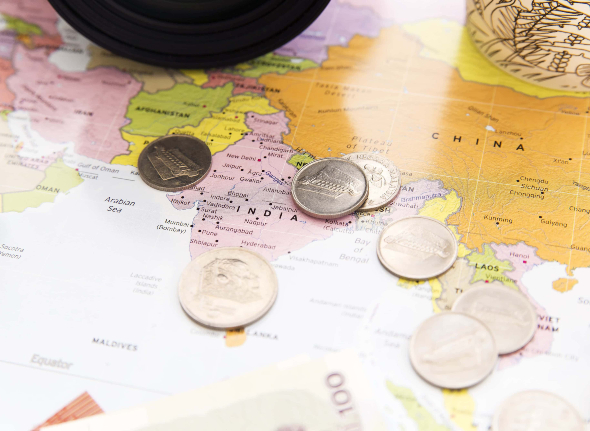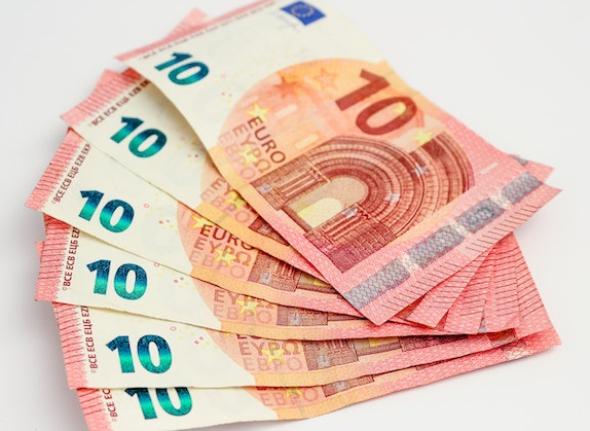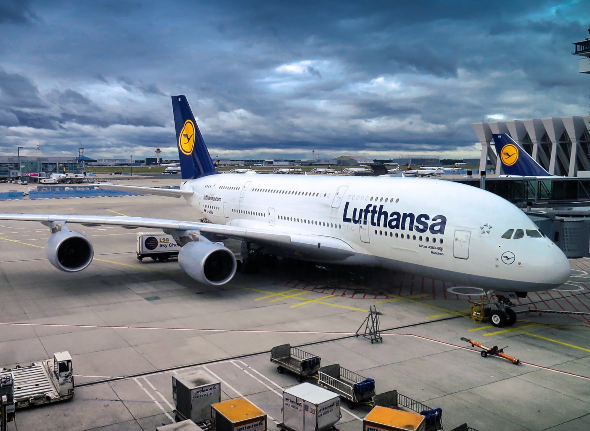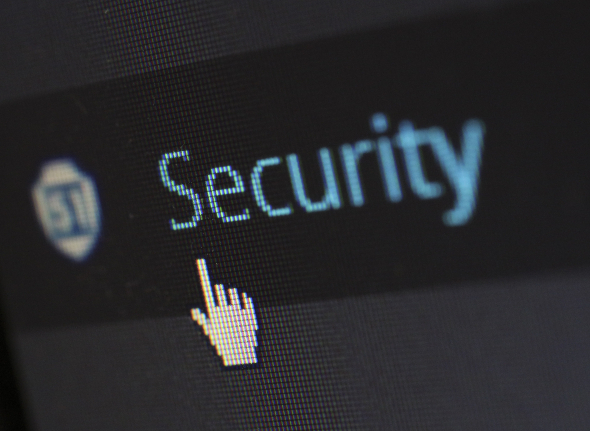Tips for planning your travel money
Planning on going away? Make sure you’ve money to spend and see how to make the most of what you have with these top tips.


Work out a budget
Even if you’ve already paid for your main travel costs and accommodation, it is important to figure out how much you are able to save and what you can afford to put aside for other aspects of your trip. Some things to consider budgeting for before you go on holiday are:
-
- Travel money
- Travel insurance
- Sun cream and toiletries
- Holiday clothes and swimwear
And other things to consider whilst you are at your destination are:
-
- Excursions and trips
- Food and drink
- Entertainment
- Holiday treats
Saving up and paying for your holiday with cash is usually the best option for your finances. When you don’t have to borrow money, you’ll come home relaxed, not restless with money worries, so start saving way in advance of your holiday happening.
Spending money abroad
There are different ways you can pay for things abroad:
-
- Use your UK bank cards – many UK accounts allow you to use your debit or credit card abroad, either in a shop or cash machine. Check first and find out about any fees. If you withdraw cash from a machine using a credit card, for example, you’ll pay an additional charge as this is considered a cash advance. If you’re travelling outside the EU you may need to let your bank know first but you can usually do this online
- Travel credit or debit card – these work like a normal credit or debit cards but with fewer charges
- Prepaid debit card – load these with cash before you travel
- Take some local currency so you have some cash in your pocket when you arrive. You can change money at the Post Office and some banks. Avoid changing money at the airport as this often costs more
See Money Saving Expert for more on cheap travel money
Lost or Stolen Cards
Make a note of who to contact if your cards are lost or stolen (often the number to call is on the back of the card!). Keep this somewhere separate and be sure to report your cards as soon as you realise they’re missing.
Consider putting your cards and any cash in different bags, money belts or pockets so you can still access money if you lose something or if your purse or wallet is stolen.


Travel money top tips
Watch the exchange rate. The exchange rate is how much one currency is worth when you exchange it for another. If the exchange rate for pounds to Euros is 1.14%, then for every pound you’ll get 1.14 Euros (minus any commission, the charge you pay for exchanging your money). Exchange rates vary, so shop around for the best deals and use online exchange rate calcuators.
Check the rules. If you’re travelling to certain countries, you’ll need to change your money when you get there, as restrictions prevent some local currencies being bought or sold overseas.
Some places still rely on cash. Card payments are not accepted everywhere, so you may need to withdraw money from a cash machine when you get there (or take some local currency with you).
If you’re paying by card, always choose to pay with the local currency. This means you’ll pay the exchange rate set by your credit or debit service, rather than the rate chosen by the retailer which can be much higher.
Don’t rely on one method of payment. Consider taking more than one card so you have a backup option if something goes wrong.
Check your payment limits. There may be a maximum you can spend or withdraw from your account each day. And if you’re paying with cards, check you have enough money in your account or are within your credit limit to avoid your card being declined.
Travel money top tips
Watch the exchange rate. The exchange rate is how much one currency is worth when you exchange it for another. If the exchange rate for pounds to Euros is 1.14%, then for every pound you’ll get 1.14 Euros (minus any commission, the charge you pay for exchanging your money). Exchange rates vary, so shop around for the best deals and use online exchange rate calculators.
Check the rules. If you’re travelling to certain countries, you’ll need to change your money when you get there, as restrictions prevent some local currencies being bought or sold overseas.
Some places still rely on cash. Card payments are not accepted everywhere, so you may need to withdraw money from a cash machine when you get there (or take some local currency with you).
If you’re paying by card, always choose to pay with the local currency. This means you’ll pay the exchange rate set by your credit or debit service, rather than the rate chosen by the retailer which can be much higher.
Don’t rely on one method of payment. Consider taking more than one card so you have a backup option if something goes wrong.
Check your payment limits. There may be a maximum you can spend or withdraw from your account each day. And if you’re paying with cards, check you have enough money in your account or are within your credit limit to avoid your card being declined.

How to save money on your holiday
-
- Shop around for the best deals on your holiday – sometimes you can get early or last-minute booking discounts
- Flight prices vary depending on when you travel. Sites such as Skyscanner can help you find the best ticket prices. Early and late flights are often cheaper but if you’ve missed the last bus you may pay more getting to or from the airport
- Taking hand luggage only – rather than putting it in the hold of the aircraft – often works out cheaper
- Check out blogs and guides for tips when you get there, such as reduced entry fees on certain days or times, good value places to eat and drink, and local travel cards
- Consider how you travel to your destination. Travelling by train could be both cheaper and better for the environment. Check out Seat61 to help you plan a train journey at home or abroad and Trainline to book.
- You may wish to use the local public transport network when you are at your destination, to travel around different local areas, or save money on expensive excursions. Having apps like Google Maps and CityMapper can help you to plan your way around an area.
- Have a look online for helpful websites such as Cheap Holiday Expert for tips, tricks and advice on great value holidays.
Thinking about money may not be the most exciting part of planning your holiday but can help you avoid tricky situations so you can focus on enjoying yourself when you get there!
How to save money on your holiday
-
- Shop around for the best deals on your holiday – sometimes you can get early or last-minute booking discounts
- Flight prices vary depending on when you travel. Sites such as Skyscanner can help you find the best ticket prices. Early and late flights are often cheaper but if you’ve missed the last bus you may pay more getting to or from the airport
- Taking hand luggage only – rather than putting it in the hold of the aircraft – often works out cheaper
- Check out blogs and guides for tips when you get there, such as reduced entry fees on certain days or times, good value places to eat and drink, and local travel cards
- Consider how you travel to your destination. Travelling by train could be both cheaper and better for the environment. Check out Seat61 to help you plan a train journey at home or abroad and Trainline to book.
- You may wish to use the local public transport network when you are at your destination, to travel around different local areas, or save money on expensive excursions. Having apps like Google Maps and CityMapper can help you to plan your way around an area.
- Have a look online for helpful websites such as Cheap Holiday Expert for tips, tricks and advice on great value holidays.
Thinking about money may not be the most exciting part of planning your holiday but can help you avoid tricky situations so you can focus on enjoying yourself when you get there!
Related

What is investing and how do I get started?
[rt_reading_time...

How can I avoid online fraud and scams?
[rt_reading_time...
